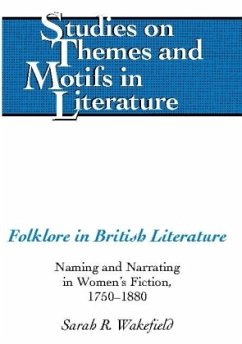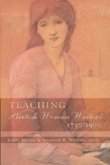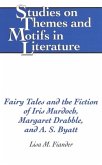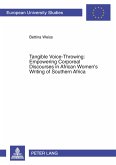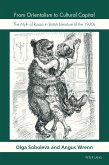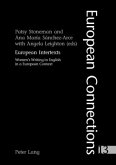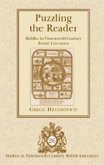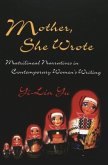Folklore provides a metaphor for insecurity in British women's writing published between 1750 and 1880. When characters feel uneasy about separations between races, classes, or sexes, they speak of mermaids and "Cinderella" to make threatening women unreal and thus harmless. Because supernatural creatures change constantly, a name or story from folklore merely reinforces fears about empire, labor, and desire. To illustrate these fascinating rhetorical strategies, this book explores works by Sarah Fielding, Ann Radcliffe, Sydney Owenson, Charlotte Brontë, George Eliot, Anne Thackeray, and Jean Ingelow, pushing our understanding of allusions to folktales, fairy tales, and myths beyond "happily ever after."
Bitte wählen Sie Ihr Anliegen aus.
Rechnungen
Retourenschein anfordern
Bestellstatus
Storno

